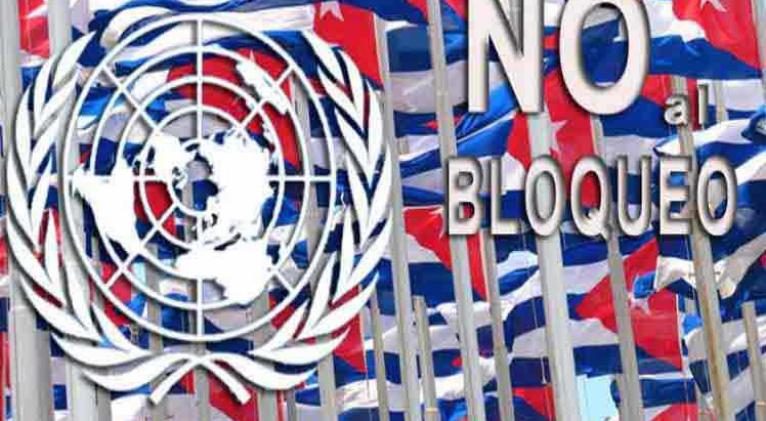US, its laws against Cuba and UN rejection
especiales

The administration of former US President Donald Trump (2017-2021) renewed sanctions under the Trading with the Enemy Act of 1917, a legislation that only remains in effect to Cuba.
In addition, the Foreign Assistance Act of 1961, the Presidential Proclamation 3447 in 1962, the Cuban Assets Control Regulations of the Department of the Treasury in 1963, the Torricelli Act in 1992 and the Helms-Burton Act in 1996, among other regulations, also remain active against Cuba.
According to the Foreign Ministry, the regulations that protect the blockade to Cuba are an act of economic warfare, stand out for their marked extraterritorial nature and violate international law.
According to the report, between April 2019 and March 2020, the US coercive measures for this concept caused losses of more than five billion dollars in one year for the first time in six decades.
The UN Human Rights Council recently approved a resolution on the negative impact of the unilateral coercive measures.
On his Twitter account, Rodriguez wrote that with Cuba's support, the UN body urged all States to stop adopting, maintaining or implementing this kind of sanctions.
The resolution against the unilateral actions is a new rejection by the international community, the same one that every year since 1992 has voted on at UN in favor of ending the blockade against Cuba, even if the United States decides to ignore it.
The virtual forum between both sides will analyze the legal and practical spheres of the existing legislation in the European Union (EU) to counteract the extraterritorial nature of laws such as the Helms-Burton Act, with which the United States reinforces its siege to Cuba and threatens European interests.














Add new comment